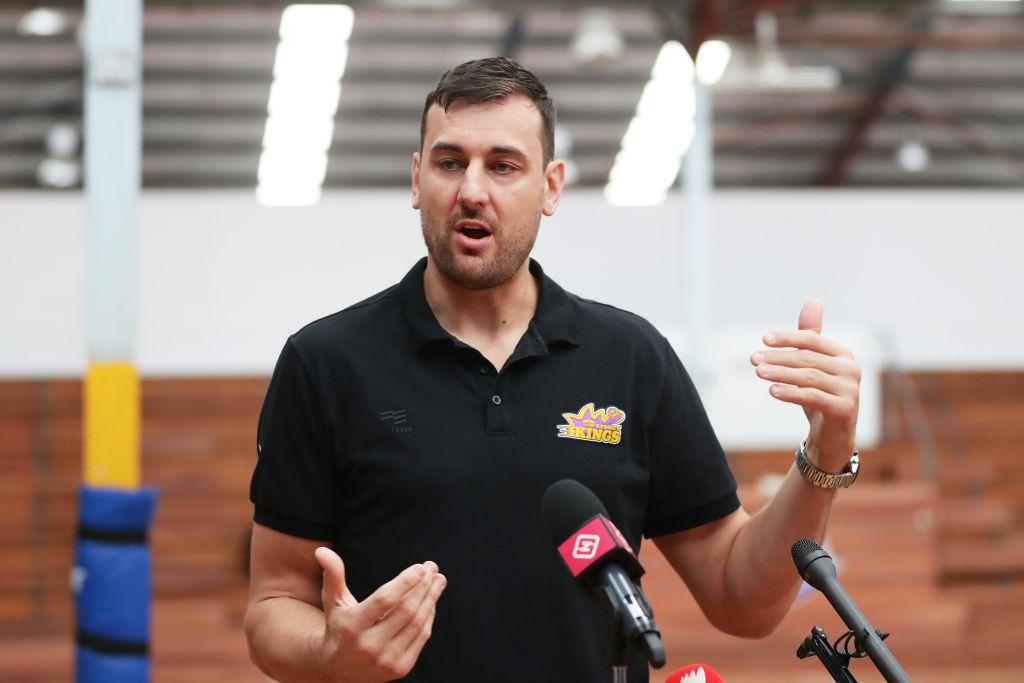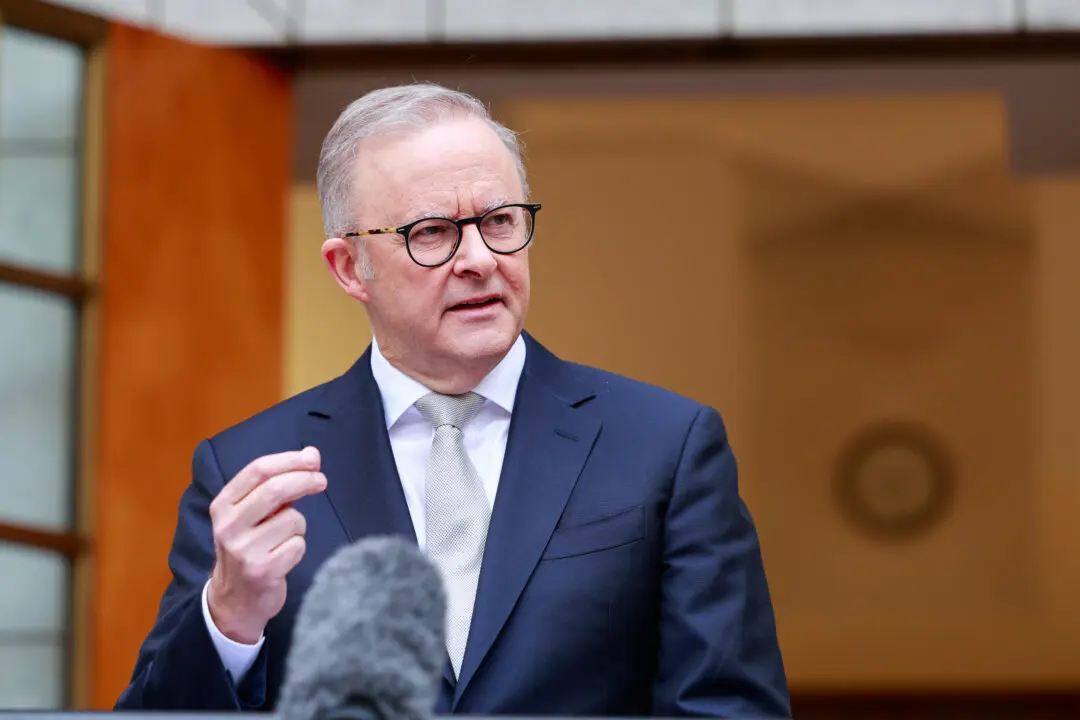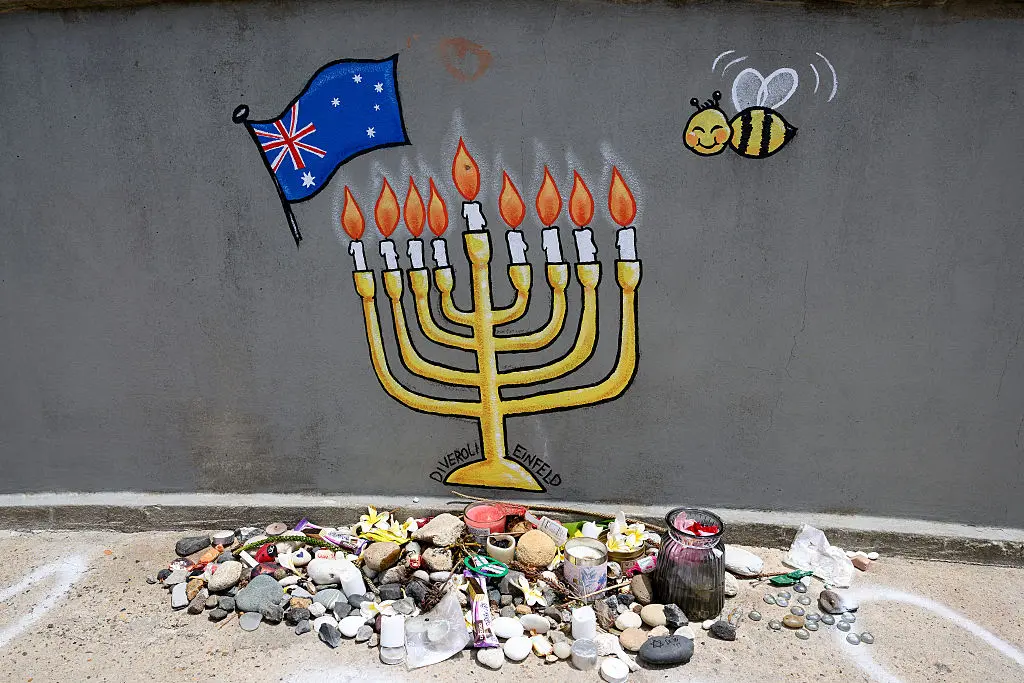Australian basketball legend and former NBA player Andrew Bogut says athletes and celebrities have told him secretly that while they disagree with government-mandated health restrictions, they are essentially muzzled from speaking out.
In an interview with The Epoch Times on Oct. 5, Bogut said after he publicly spoke out against lockdowns and called on influential Australians not to be silent, he received an outpouring of support from athletes and celebrities telling him, “I'd love to speak out, but our league, my boss, my movie set … We just can’t. We would get shut down if we did from the government.”





